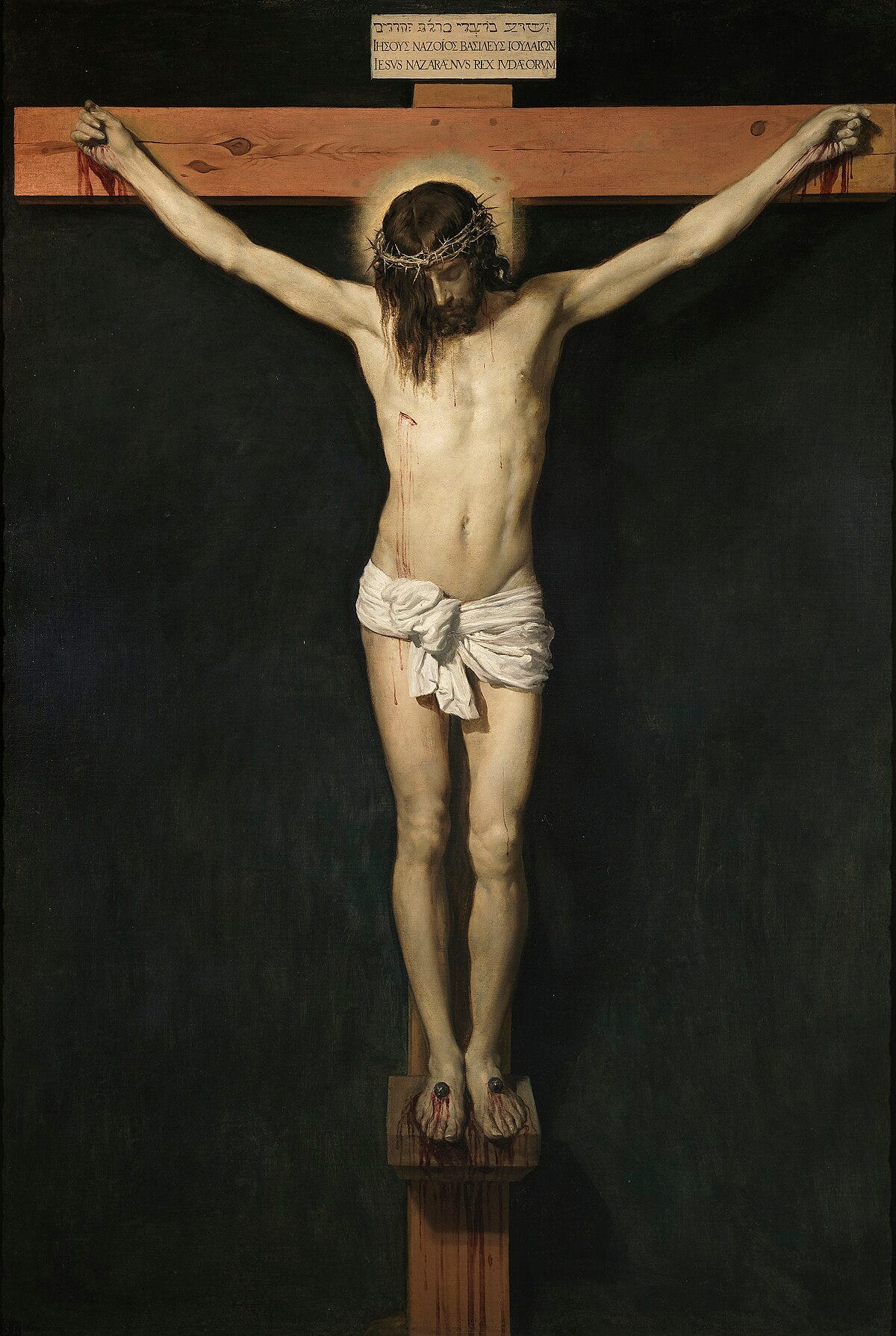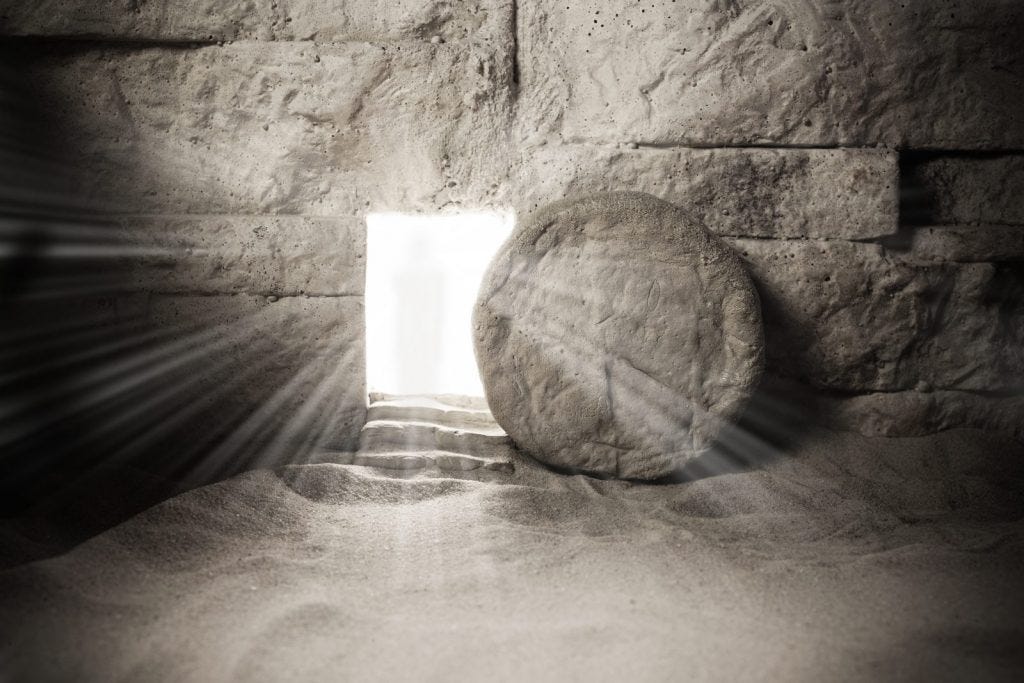Imagine a night so dark it feels like the light has vanished, not just around you, but inside you. A silence that is not peaceful but heavy with absence, like the ache of losing someone you love deeply. Maybe it is the sting of betrayal, where a friend’s words cut like a knife, leaving you wondering if anyone truly sees you. Or perhaps it is a private battle, doubt, shame, or fear, that you carry alone, feeling invisible. We have all whispered, “God, where are you? Why do I feel so alone?”
On this Good Friday, we stand at the cross, hearing Jesus cry, “My God, my God, why have you forsaken me?” (Mark 15:34). These words, first written by King David in Psalm 22, are raw, honest, and heavy with pain. Yet, they are not the end. They are the beginning of redemption, a promise that even in our deepest despair, we are never truly alone.
The Cry of Despair: Human and Divine
Psalm 22 begins with a cry that could be ours: “My God, my God, why have you forsaken me?” (Psalm 22:1). Picture David, centuries before Jesus, pouring out his anguish. He feels abandoned, unheard, surrounded by enemies. “I cry out by day, but you do not answer,” he says (v. 2). Mocked and stripped of dignity, he calls himself “a worm and not a man” (v. 6), his strength gone, his heart melted like wax (vv. 14, 15). This is more than sadness. It is the cry of someone who feels utterly alone, even by God.
Now see Jesus on the cross, beaten, bleeding, quoting these words: “My God, my God, why have you forsaken me?” (Mark 15:34). This was not random. Jesus was pointing to Psalm 22, showing he was fulfilling it. Like David, he was mocked: “He saved others; let him save himself” (Luke 23:35). His hands and feet were pierced (Psalm 22:16), his clothes divided by casting lots (v. 18). But Jesus’ suffering went deeper. David felt forsaken; Jesus was forsaken, bearing our sin.
In Gethsemane, Jesus prayed in agony, “Father, if you are willing, take this cup from me. Yet not my will, but yours be done” (Luke 22:42). This cup was not just physical pain, though the cross was brutal. In the Old Testament, the cup represents God’s wrath against sin (Jeremiah 25:15, 16). Jesus drank it for us, taking our judgment. Paul writes, “God made him who had no sin to be sin for us, so that in him we might become the righteousness of God” (2 Corinthians 5:21). Jesus was cut off so we could be brought near, forsaken so we could be forgiven.
This cry matters because we know abandonment, unanswered prayers, betrayal, or unrelenting guilt. Jesus’ cry says: God understands. He stepped into our pain. The cross proves that even when God feels far, he is near. Because Jesus was forsaken, we are never alone.
Jesus Enters Our Pain
Jesus’ cry was not just agony. It was the Savior entering human suffering. He did not fix our pain from afar; he redeemed it from within. Psalm 22 does not end in despair. David recalls God’s faithfulness: “You brought me out of the womb, from my mother’s womb you have been my God” (vv. 9, 10). Even in darkness, he trusts God is near.
Jesus, too, held fast to faith. His final words were, “Father, into your hands I commit my spirit” (Luke 23:46), not despair, but surrender. His suffering was not a failure; it was God’s plan to save us. Hebrews 4:15 assures us, “We do not have a high priest who is unable to empathize with our weaknesses, but one who has been tempted in every way, just as we are, yet he did not sin.” Jesus knows betrayal, grief, and loneliness. He offers not shallow comfort but a presence forged in suffering.
Consider Sarah, a mother who lost her son to illness. She prayed for healing, but when he passed away, God felt silent. She withdrew, numb with grief. Yet, through a support group, she met others who shared her pain. They reminded her of Jesus, the one who weeps, cries out, and stays near the brokenhearted. Slowly, Sarah found hope, not because her grief vanished, but because Jesus was with her, promising to make all things new.
This is the Gospel’s promise: Jesus does not wait for us to fix our mess. He enters our pain, walks with us, and carries us through. He does not just give strength. He is our strength.
Hope Beyond the Cry
Psalm 22 does not end in sorrow; it ends in praise. David declares, “I will declare your name to my people; in the assembly I will praise you” (v. 22). He realizes God never left: “He has not hidden his face from him but has listened to his cry for help” (v. 24). The psalm ends with hope: “All the ends of the earth will remember and turn to the Lord, for he has done it” (vv. 27, 31).
These words echo Jesus’ cry on the cross: “It is finished” (John 19:30). His cry of forsakenness led to victory. He paid sin’s debt, satisfied God’s justice, and opened the way home. Then, on the third day, he rose, proving he conquered sin and death. The women at the tomb, expecting to mourn, found it empty: “He is not here, but has risen” (Luke 24:6). Their sorrow turned to joy, their fear to hope.
Because Jesus rose, our pain has purpose. Our tears are not wasted. Our failures do not define us. Jesus turns our Good Fridays into Easter Sundays. Whatever burden you carry, he hears you. At the cross, he took your sin; at the tomb, he left your shame. He invites you to trust him, to find your identity not in your darkest moment but in the risen Savior.
Conclusion
This Good Friday, let Psalm 22 guide us. Jesus’ cry of forsakenness was a doorway into our pain, a promise that we never suffer alone. He bore our sin to heal us, to bring us into the Father’s arms. The cross whispers, “It is finished,” and the empty tomb shouts, “He is risen.”
Maybe you carry grief, guilt, or fear. The cross says: God sees you. He has already moved toward you. Bring your burdens to Jesus. Be still before him. Let his love hold you. As A.W. Tozer said, “The cross is the lightning rod of grace that short circuits God’s wrath to Christ so that only the light of His love remains for believers.” Trust the One who came all the way to you. Because he lives, you are never forsaken. You are loved. You are his.






